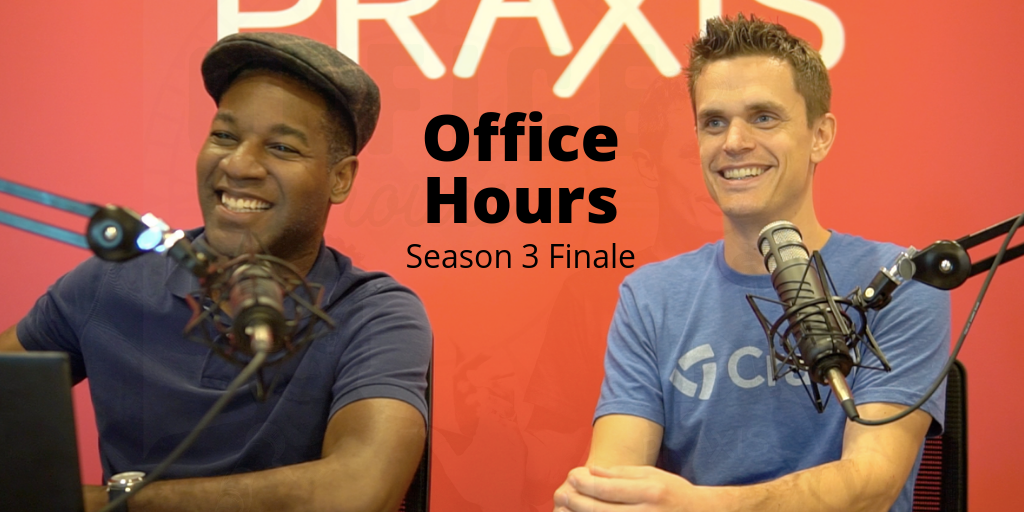I’ve been hearing a lot of smart people lately talk about “We”.
“We have too many people studying X”
“We need more people to learn Y”
There’s all kind of discussion on problems “We” face in the macro economy, and debates about which uses of violence will best help “Us” achieve some imagined state of aggregate balance.
I hate these discussions. Like the thief in Dirty Harry, I’m always asking, “Who’s ‘we’ sucka?”
It’s one thing to make an argument that more individuals would get greater returns doing X than Y, or that common ideas about economic or cultural value are off base. These are great discussions. But when they move from individuals to aggregates, and especially when they move from exploration or persuasion to policy, they descend into stupidity. Or more precisely, what Hayek called the Fatal Conceit.
The good news is nobody has to know the answer to these complicated debates. And that really is very good news. No matter how much brain power you have, there’s no way you could ever know the ‘correct’ number of individuals who should be doing X or Y. But back to the good news. You don’t need to know these answers – nobody does – as long as there’s a discovery process where they can emerge and adjust in a constant evolutionary dance.
And there is such a process!
It’s called the market. It’s anywhere people are not prevented by violence from peacefully creating, building, trading, and saving. These miraculous things called prices emerge. Prices are information wrapped in incentives. If an activity wanes in value to people, its price will decline. When its price declines, fewer people will be attracted to that activity and go do things where the price is rising due to higher value-creation potential.
Of course the market process in any snapshot of time will never reflect the impossible to define ‘perfect’ mix of things from any one individual’s subjective point of view. That’s not possible of any system and if it was we’d all be dead. It’s stupid to judge things against that standard. What it does reflect is reality. And it allows for you and everyone else to act to change reality based on your preferences always all the time, granted to you don’t do it by using violence against others.
Turns out, it produces miracles beyond our wildest dreams.
For that reason, I don’t care what some smart people with the Pretense of Knowledge think about what money should be taken by violence from whom and what other people should be forced by violence to do some activity so their imagined aggregate equilibrium can be achieved. It’s a fool’s errand to plot it out and a sociopath’s to attempt to enact it.
Focus on freeing the discovery process from violent impediments. Ceaselessly and relentlessly. Focus on building and persuading through voluntary exchange. Everything else is the lowest form of barbarism and utterly anti-humanitarian.
Like this:
Like Loading...

